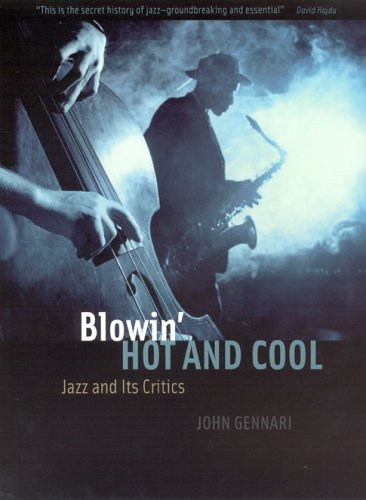I never did properly finish up with the “favourite music reads of the ’00s” did I? (Well, I guess Mr. Wenner waxing lyrical about Mr. Jagger was my sarcastic kissoff to the project.) Truth is, I could have posted another two or three dozen (at least) great pieces, but, as usually happens when I embark on these listy web projects, I lost steam, interest, breath, gumption, etc. before reaching the finish line (not that I ever defined what the finish line was). There’s also the fact that a lot of my favourite writing about pop in the last ten years happened not in articles or essays or reviews or books per se, but in comments boxes and chat boards and e-mails and blog and livejournal and facebook posts — stuff that I didn’t (and probably couldn’t) even begin to properly track. I felt like I was trying to tell a story in those posts that was a bit false. Don’t get me wrong — I really did love the stuff I linked to, but the whole thing started to feel a bit too “official” for me, and counter-intuitive to the way I’ve come to find and enjoy music writing.
Anyway, I do feel a bit guilty about short-shrifting so many critics here, so at least allow me the opportunity to link to some writing by one of my three or four favourite music critics of the decade — someone I didn’t get to in the first 25 entries but who could easily have been represented in half a dozen of his own entries: Marcello Carlin. I first encountered Marcello’s writing on I Love Music and have continued to follow him ever since through various blogs, from the indispensable The Church of Me to The Clothed Maja (which I believe was a follow-up to The Naked Maja, which sadly no longer exists) to his latest ventures, The Blue in the Air to Then Play Long — the latter a rundown of every British #1 LP (did I mention that Carlin is British?).
Click on any of those links and you’ll encounter a wealth of great material, though you’ll have to do the rest of the work yourself (I suggest you start by just randomly clicking through the archives). I am, however, happy to point you to Marcello’s latest (and rather timely) post, “Decade,” which neatly summarizes music blogging in the ’00s; the timeline he posits of the rise and fall makes a lot of sense to me. (Though FWIW, I intensely disagree with Marcello regarding comments boxes. Let commenters through, including all the moronic stuff, I say. I also have a longstanding beef with Andrew Sullivan about the same; let us decide if we want to read what other people think about what you write.)
(Just to be keep the rumour mill at bay: yes, it’s true, I DJ’d and acted as best man at Carlin’s wedding in Toronto a couple years ago. I also read and enjoy the writing of his wife Lena — cf. Music Sounds Better With Two and the now-dormant Carrot Rope. But no, neither of these factors impacted my judgment in naming him one of the music writers of the decade. Promise.)
Final-final thoughts on the decade still to come. Lucky you, it doesn’t involve very many words on a page.






